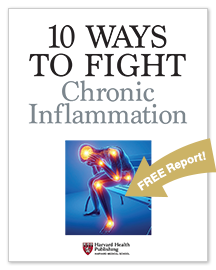
Hemoglobin A1c (HbA1c): What to know if you have diabetes or prediabetes or are at risk for these conditions

What could be causing your blurry vision?

Avocado nutrition: Health benefits and easy recipes

Swimming lessons save lives: What parents should know

Preventing and treating iliotibial (IT) band syndrome: Tips for pain-free movement

Wildfires: How to cope when smoke affects air quality and health

What can magnesium do for you and how much do you need?

Dry socket: Preventing and treating a painful condition that can occur after tooth extraction

What happens during sleep — and how to improve it

How is metastatic prostate cancer detected and treated in men over 70?
Medical Tests & Procedures Archive
Articles

Hemoglobin A1c (HbA1c): What to know if you have diabetes or prediabetes or are at risk for these conditions

What could be causing your blurry vision?

Avocado nutrition: Health benefits and easy recipes

Swimming lessons save lives: What parents should know

Preventing and treating iliotibial (IT) band syndrome: Tips for pain-free movement

Wildfires: How to cope when smoke affects air quality and health

What can magnesium do for you and how much do you need?

Dry socket: Preventing and treating a painful condition that can occur after tooth extraction

What happens during sleep — and how to improve it

How is metastatic prostate cancer detected and treated in men over 70?
Free Healthbeat Signup
Get the latest in health news delivered to your inbox!
Sign Up

